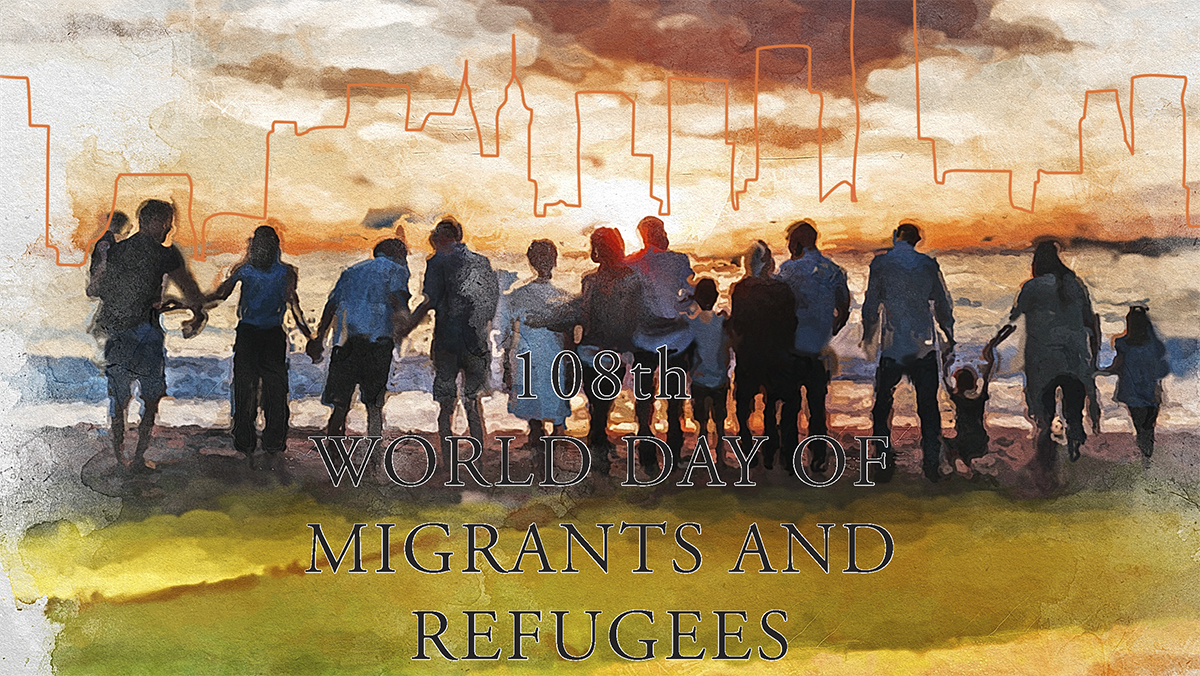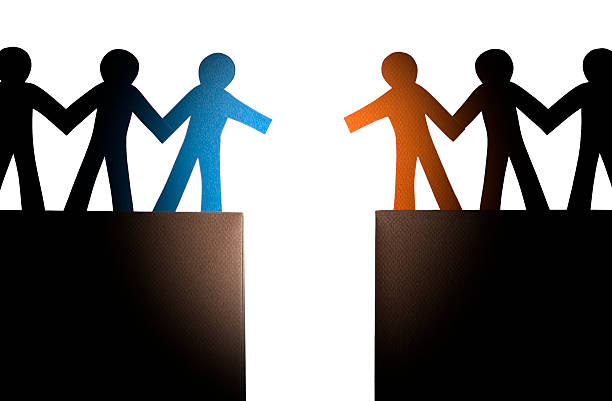
The Secretary of the National Reconciliation Committee of the Korean Bishops gives us his thoughts on the present situation between the North and South and the hope for the future in the Reconciliation Column of the Catholic Times.
"Now, what about human rights in North Korea?" This is a question posed by an official of the International Commission for Justice and Peace when he visited the US Bishops' Conference on April 27, 2018. He was the one who helped the Catholic Northeast Asia Peace Institute organize an international event, and he seemed to be shocked by the Panmunjom Declaration.
At that time, the Korean Peninsula was excited with anticipation of a spring of peace. As far as "that day", I remember that even the conservative media eagerly reported on Chairman Kim Jong-un’s "friendly" image. However, the atmosphere in Washington DC was different. There is a human rights problem in North Korea, and the question was whether the South Korean government could join hands with the North Korean regime like that. Another official of the American Bishops' Conference said with a bitter smile. "How could this happen during Trump’s presidency?"
"The Panmunjom Declaration" led to the ‘Singapore Summit’ between the U.S. and North Korea, but the ‘Hanoi No Deal’ once again shattered expectations for a peaceful resolution of the conflict on the Korean Peninsula. As time passed, it became clearer that choosing "peace with North Korea" was by no means an easy task for the US government. To the public, North Korea is demonic, and continuing dialogue with such a regime is a burden on the American political leader. A change in US public opinion is essential for the US government's policy on the Korean Peninsula to change.
The US Bishops' Conference actively participated in the international conference of the Catholic Institute for Northeast Asian Peace, which began in 2017. The bishops and scholars of the International Commission for Justice and Peace contemplated the role of the church for peace on the Korean Peninsula and worked together in solidarity. In particular, in December 2018, Archbishop Timothy Brolio, who was then chairman of the International Justice and Peace Committee, made a 'solidarity visit to Korea. After the visit, Archbishop Brolio shared the document titled "The Korean Solidarity Visit and the Request of the Korean Catholic Bishops" in January 2019 and delivered it to the U.S. Department of State. It courageously supported the position of the Catholic Church in Korea, longing for a peaceful resolution of the Korean Peninsula issue in American society, where hard-line theory against North Korea prevails.
In October 2022, a special event will be held at the Catholic University of America in Washington, D.C. At the forum jointly hosted by the National Reconciliation Committee of the Bishops of Korea, the International Justice and Peace Committee of the Bishops' Conference of the United States, and the Catholic Institute for Northeast Asia Peace, the churches of both Korea and the United States will re-examine their vocation for peace on the Korean Peninsula. It is hoped that the meeting of bishops, scholars, government officials, and activists will lead to the Church's earnest efforts for the peace of Christ.



 The Reconciliation Column in the Catholic times by the priest secretary of the Reconciliation Committee of the Bishops gives the readers some thoughts on the present situation in Korea.
The Reconciliation Column in the Catholic times by the priest secretary of the Reconciliation Committee of the Bishops gives the readers some thoughts on the present situation in Korea. 
